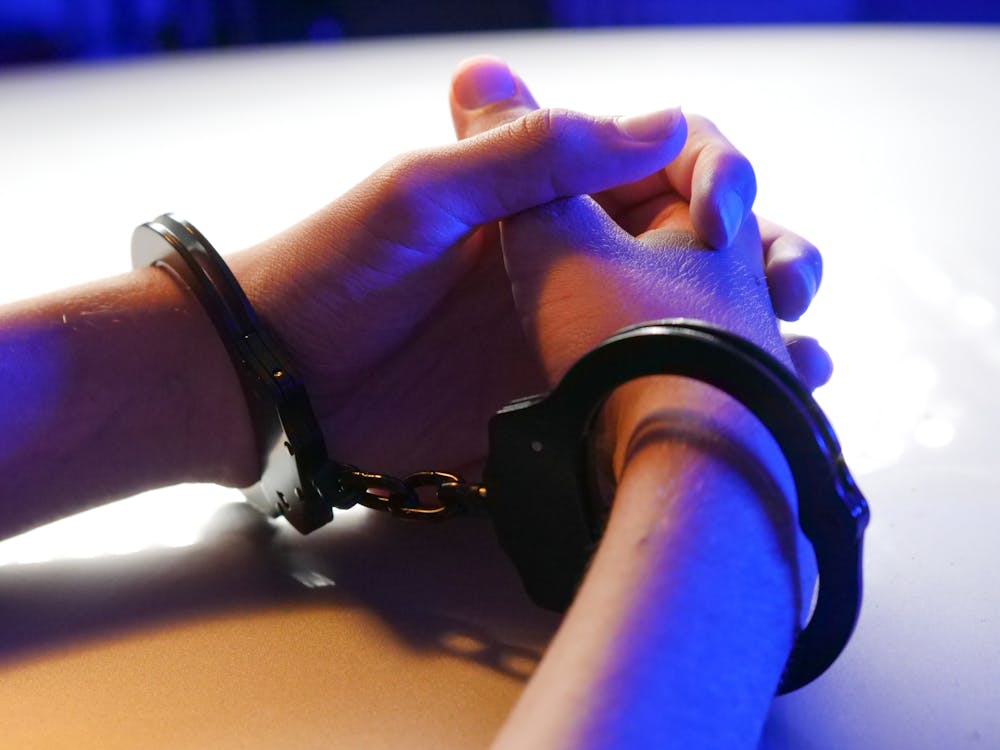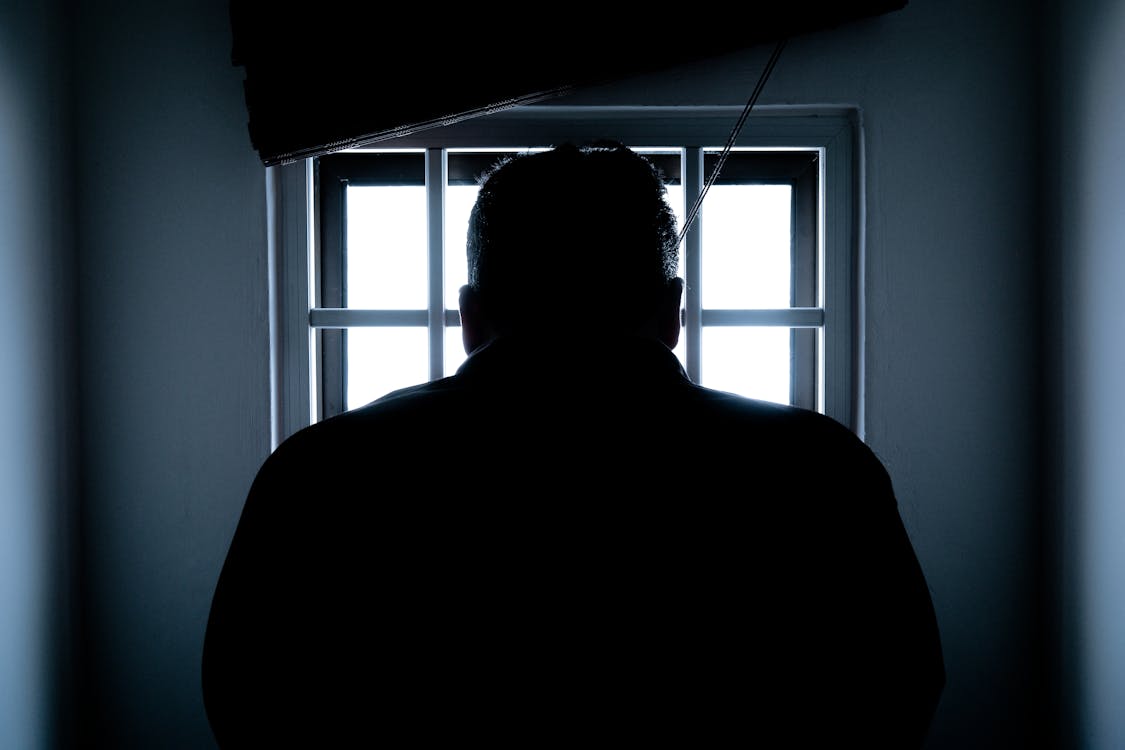Salisbury Criminal Defense Attorney
Wicomico County Criminal Defense Attorney
Being charged with a crime in Wicomico County can lead to serious consequences that affect every aspect of your life.  A criminal defense attorney at Britt Criminal Defense provides trusted, strategic legal representation for a wide range of criminal offenses. When you are facing criminal allegations, it is essential to work with a seasoned criminal defense lawyer in Wicomico County who knows how to protect your rights and secure the best possible outcome for your case.
A criminal defense attorney at Britt Criminal Defense provides trusted, strategic legal representation for a wide range of criminal offenses. When you are facing criminal allegations, it is essential to work with a seasoned criminal defense lawyer in Wicomico County who knows how to protect your rights and secure the best possible outcome for your case.
Aggressive Criminal Defense for Felony and Misdemeanor Charges in Wicomico County
In Maryland, a criminal case begins when law enforcement officers believe there is probable cause that a crime was committed. This can lead to your arrest or receiving a summons to appear in court. If you are under investigation or have been arrested, contact our team immediately. Before speaking with law enforcement or attempting to explain your side of the story, consult a criminal defense lawyer in Wicomico County who will defend you from the outset.
The Arrest and Booking Process
During an arrest, you will be informed of your right to remain silent and your right to legal counsel. It is crucial to use these rights to avoid incriminating yourself. Once detained, you will be taken to a local detention facility for booking, where fingerprints and photographs are taken, and a background check is performed. Following this, you are likely placed in a holding cell. At Britt Criminal Defense, we advise all our clients to refrain from answering questions until they have legal representation present. Our goal is to ensure your statements are not twisted or misused against you.
Initial Appearance and Bail Determination
Within 24 hours of an arrest, you will appear before a judicial officer, typically a District Court commissioner. At this initial appearance, the judge will determine if you are eligible for bail or if you will remain in custody. The judge considers factors such as your criminal history, ties to the community, and the seriousness of the offense. If bail is set too high or denied, our criminal defense attorney in Wicomico County will request a bail hearing to seek a fairer outcome.
Bail and Release Options
If bail is granted, you have several options for posting it:
- Cash Bail: Deposit a percentage with the court, usually refundable upon case conclusion.
- Bail Bondsman: Pay a fee to a bondsman, generally 10% of the bond amount, which is non-refundable.
- Property Bail: Use equity in property to meet bail requirements.
- Intangible Assets: Stock certificates or bank assets may also be used to post bail.
Our experienced attorneys advocate for reasonable bail terms and negotiate to reduce any restrictive conditions imposed, such as electronic monitoring or travel restrictions.
Preliminary Hearing and Discovery Process
If you are charged with a felony, you can request a preliminary hearing within ten days to determine if probable cause exists. 
Resolving Your Case: Plea Bargaining and Trial Defense
The majority of cases in Wicomico County are resolved through plea bargaining. During this process, our criminal defense law firm in Wicomico County will work with the prosecution to negotiate a plea deal. Our attorneys will advise you on the benefits and potential consequences of accepting a plea offer, always prioritizing the outcome that best suits your interests.
If a trial is necessary, our legal team is prepared to present a rigorous defense, using all available evidence, witnesses, and legal arguments to pursue an acquittal or dismissal. With a deep understanding of Wicomico County’s criminal court system, our attorneys are skilled in handling both misdemeanor and felony cases, providing each client with an aggressive defense strategy.
Why Choose Britt Criminal Defense?
At Britt Criminal Defense, we are dedicated to defending the rights of those accused of crimes in Wicomico County. Our attorneys, James and Rachel Britt, each have over a decade of experience on Maryland’s Eastern Shore. Their backgrounds as a former prosecutor and former public defender allow them to understand both sides of the criminal justice system, ensuring you receive top-notch representation and comprehensive defense. Every case is unique, and we treat it as such—offering personalized attention, strategic guidance, and relentless advocacy.
Contact a Criminal Defense Attorney in Wicomico County Today
If you’re facing criminal charges in Wicomico County, the experienced attorneys at Britt Criminal Defense are here to help. Don’t let a criminal charge jeopardize your future. Contact us today to schedule a free consultation and begin building a defense that protects your rights and aims for the best possible outcome. Call us at 443-944-5705 for immediate assistance.
